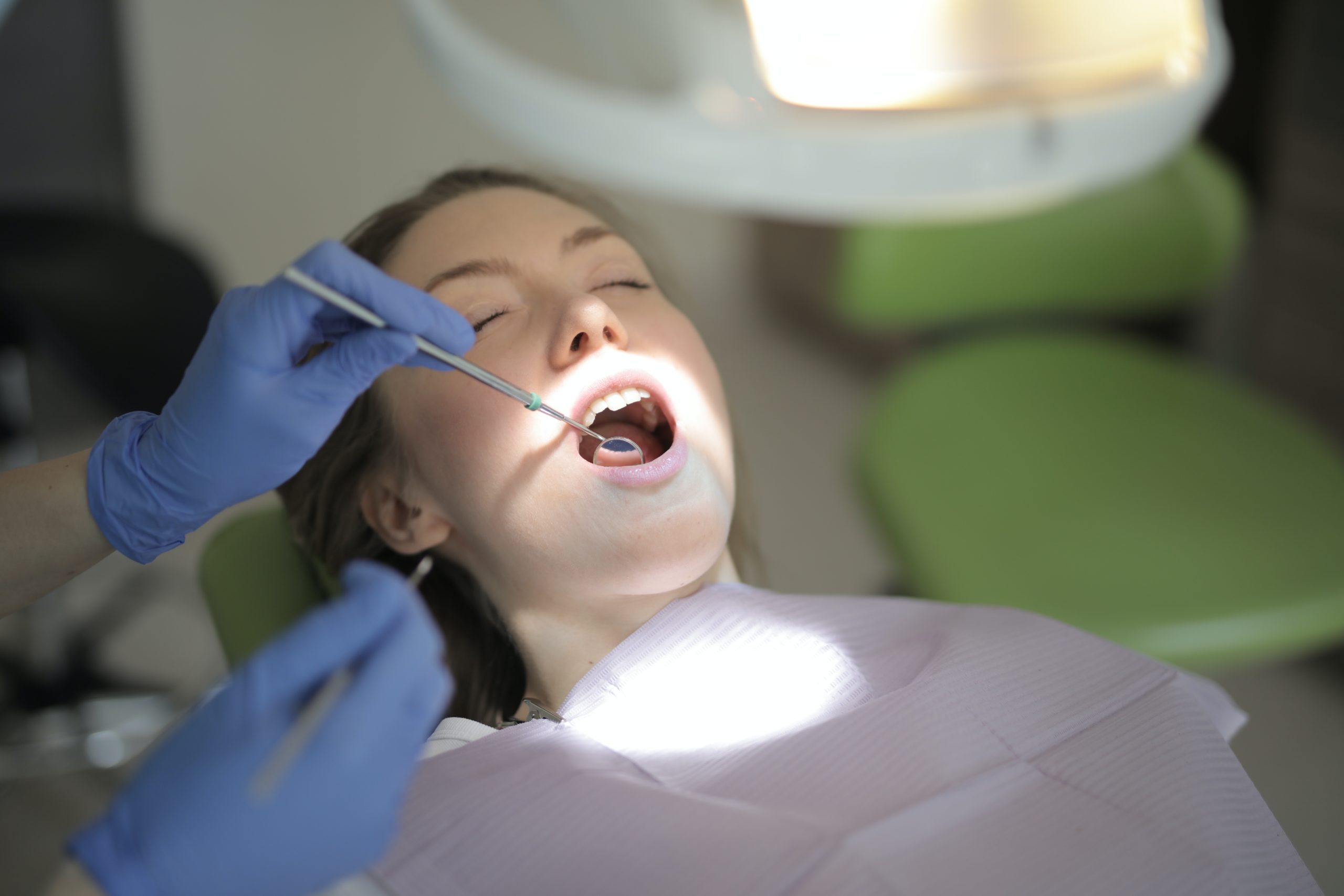
Those of us who have had many dental procedures performed are all too familiar with the numbing sensation. You know it: the inability to drink through a straw because your lips won’t close around it, slurring your words, and let’s not even get into how it feels and looks when you try to spit.
If you are lucky enough to not have had this experience yet but expect to soon, you may be wondering how long dental numbing lasts and what the dentist will do to numb your mouth.
To begin with, it’s not as bad as people make it out to be. It’s simply uncomfortable, inconvenient — and rather comical. With that being said, here are some answers to common questions about local dental anesthesia and how it works.
How will the dentist numb my mouth?
Dr. Holtzman or a dental assistant will likely start the procedure by dabbing a topical anesthetic gel at the affected area to soothe and calm it.
A few minutes later, Dr. Holtzman will use a needle — sorry, yes, we said needle — to inject a numbing solution into the applicable area. The anesthetic brand that is most commonly used today is Lidocaine. Historically, procaine (known by the brand name Novocaine) was often used as well and may still be used today in some cases.
The insertion will occur inside your mouth at the tip of the root of the affected tooth in order to temporarily deactivate the associated nerve.
As for the injection, you may feel a mild pinch at your gumline or inside your cheek, but that’s just about it. It doesn’t hurt as much as people would have you think, and the sensation will only last for a few seconds. Dr. Holtzman may have to insert the needle into a few places in order to numb the area thoroughly.
If you have serious concerns about needles or the numbing agent, tell Dr. Holtzman so that she can suggest alternatives.
But why go for the alternative when trying to answer the dentist’s questions with your mouth numb is so much fun?
How long does dental numbing last?
After injecting the numbing agent, Dr. Holtzman will wait a few minutes to allow its effects to kick in. You’ll know it when your tongue and lips start to tickle just a bit. Your mouth should then remain numb through your procedure.
If the numbing agent starts to wear off too soon, you may feel some mild pain as the dental procedure is being performed. That typically doesn’t happen, but if it does Dr. Holtzman can inject more solution into the area to make you more comfortable before continuing the procedure.
After you leave the dentist’s office, your mouth will likely continue to feel numb for anything from 1 to 5 hours, although the average time is about 2 hours.
How long dental numbing lasts differs from person to person depending on various factors, including:
- How much anesthetic was used
- The type of procedure that was performed (i.e., a root canal vs. filling a cavity)
- Where the affected tooth is located
- Your height and weight
- How quickly your body metabolizes the anesthetic
Are there any side effects that I should worry about?
After your dental procedure and as the anesthetic wears off, you may experience some very mild dizziness, headache, blurred vision, and twitching muscles. This feeling should subside as the anesthetic leaves your system, but if it continues, contact our office for further instruction.
Serious side effects of local anesthetics used in dentistry are very rare, but they may include allergic reactions or cardiac arrest if the heart stops pumping blood around the body. If you experience any of these serious reactions, go to your nearest emergency room or call 911.
Typically the main thing you should keep in mind as you’re waiting for the anesthetic to wear off is to avoid accidentally biting your tongue or lip. Because it can be hard to talk for a few hours, it’s easy to do.
If you have any other questions about how long dental numbing lasts or if you are finally ready to get that cavity filled, call us or make an appointment to see our dentist in Grosse Pointe.
